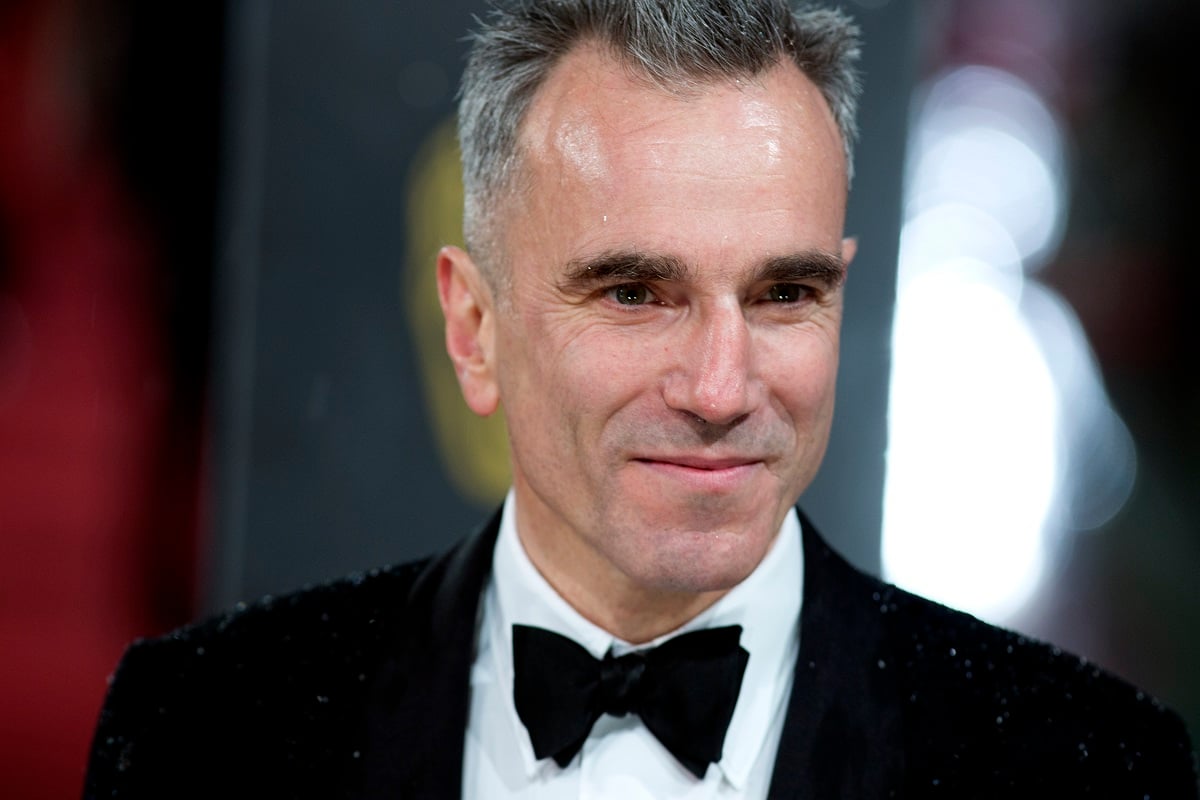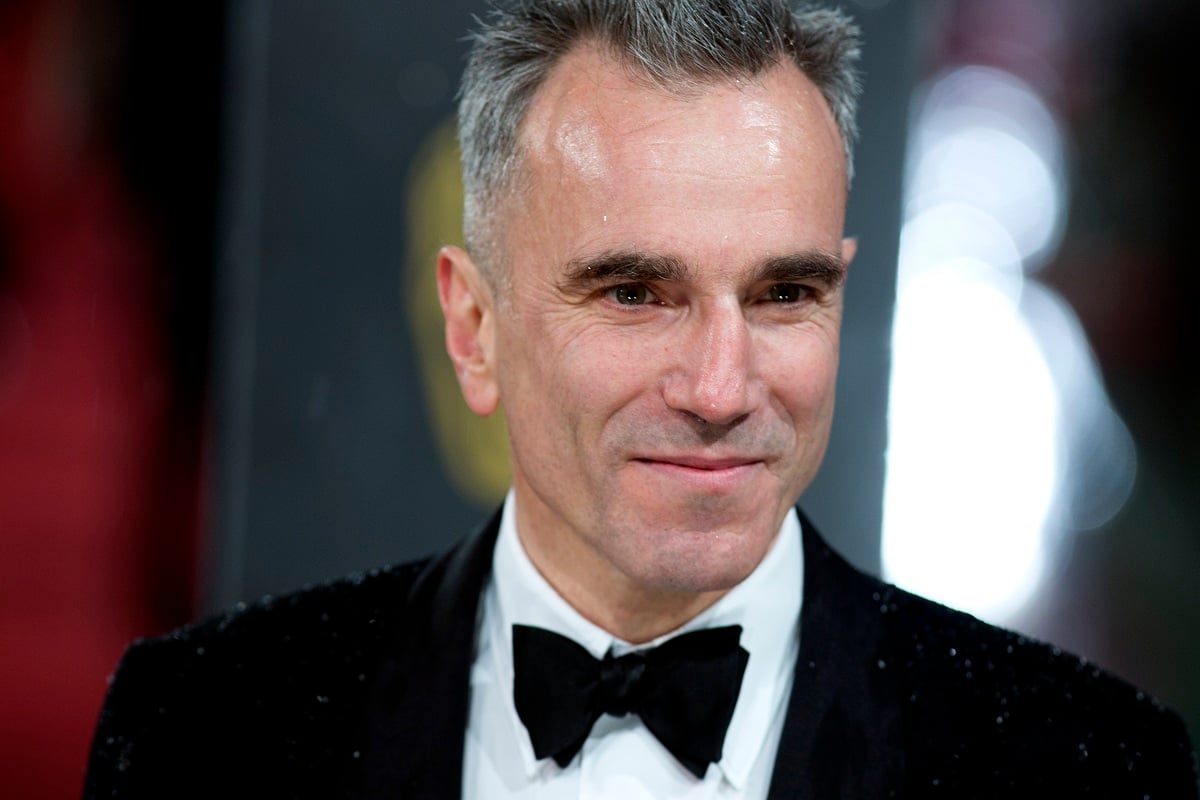
Daniel Day-Lewis Once Worried That It Wasn’t Right to Bring Abraham Lincoln Back to Life for ‘Lincoln’
Steven Spielberg and Daniel Day-Lewis teamed up for the critically acclaimed Lincoln. But before accepting the starring role, Day-Lewis grappled with the morality behind bringing Abraham Lincoln back to life.
Daniel Day-Lewis worried about the thought of bringing Abraham Lincoln back to life

It took many factors to convince Day-Lewis to do Lincoln. Before he was cast in the film in 2012, Day-Lewis and Spielberg discussed a potential Lincoln film as far back as 2003. According to a 2012 Day-Lewis interview with The New York Times, Spielberg’s 2003 script was more focused on the Civil War. Day-Lewis declined the role, believing that playing the President at all was nonsense.
Spielberg would return to Day-Lewis with a new script six years later that honed in on the last four years of Lincoln’s life. Day-Lewis was fascinated by the idea, but still reluctant to do the movie.
“I thought it was a great idea — for someone else,” he said.
Even after he was convinced to do Lincoln, Day-Lewis’ reservations lingered.
“I thought this is a very, very bad idea,” he continued. “But by that time it was too late. I had already been drawn into Lincoln’s orbit. He has a very powerful orbit, which is interesting because we tend to hold him at such a distance. He’s been mythologized almost to the point of dehumanization. But when you begin to approach him, he almost instantly becomes welcoming and accessible, the way he was in life.”
According to Time Out Dubai, Day-Lewis pinpointed his reasoning for having such difficulty accepting the role.
“I thought: ‘perhaps it’s not possible or right to bring this man back to life again,'” he said.
Daniel Day-Lewis revealed the 1 thing about ‘Lincoln’ he had a huge resistance to
Over the process of filming Lincoln, Day-Lewis attempted to perfect his interpretation of the late ex-president. Day-Lewis immersed himself in the role so much through his preparation that he changed his voice for Lincoln to fit the character. But he admitted finding Lincoln’s voice was one of the more challenging aspects of the film.
“The voice is such a deep personal reflection of character that I wouldn’t even attempt to find it for a considerable period of time. If I’m really lucky, I begin to hear a voice. That has always been part of my experience – listening for that sound of the voice in my inner ear,” Day-Lewis said.
Apart from sounding like Lincoln, Day-Lewis had to look like him too. This required the use of prosthesis to achieve the desired appearance. Aging himself to look like Lincoln was a process that Day-Lewis admitted he dreaded.
“Ageing make-up is a dangerous thing,” Day-Lewis said. “I had a huge resistance to it. One often sees it on film and thinks: ‘Wow, that looks amazing.’ And, of course, then you’ve already lost the battle.”
What Daniel Day-Lewis found appealing about ‘Lincoln’
Lincoln became one of Day-Lewis’ most successful films. It won Day-Lewis another Oscar for Best Actor, and became a massive hit at the box office. The-Numbers reported that Lincoln generated $275 million worldwide on a budget of $65 million. Speaking with ET, Day-Lewis shared what finally endeared him to the role in the first place.
“Reading objective accounts about the life only take you so far,” Day-Lewis said. “What becomes more interesting to me at a certain moment is to try and grow towards a subjective understanding of that man’s experience. And in that case, the legacy of his writing was hugely important. To get a sense of his thought and the movement through his thought towards a conclusion, that’s a unique treasure.”


